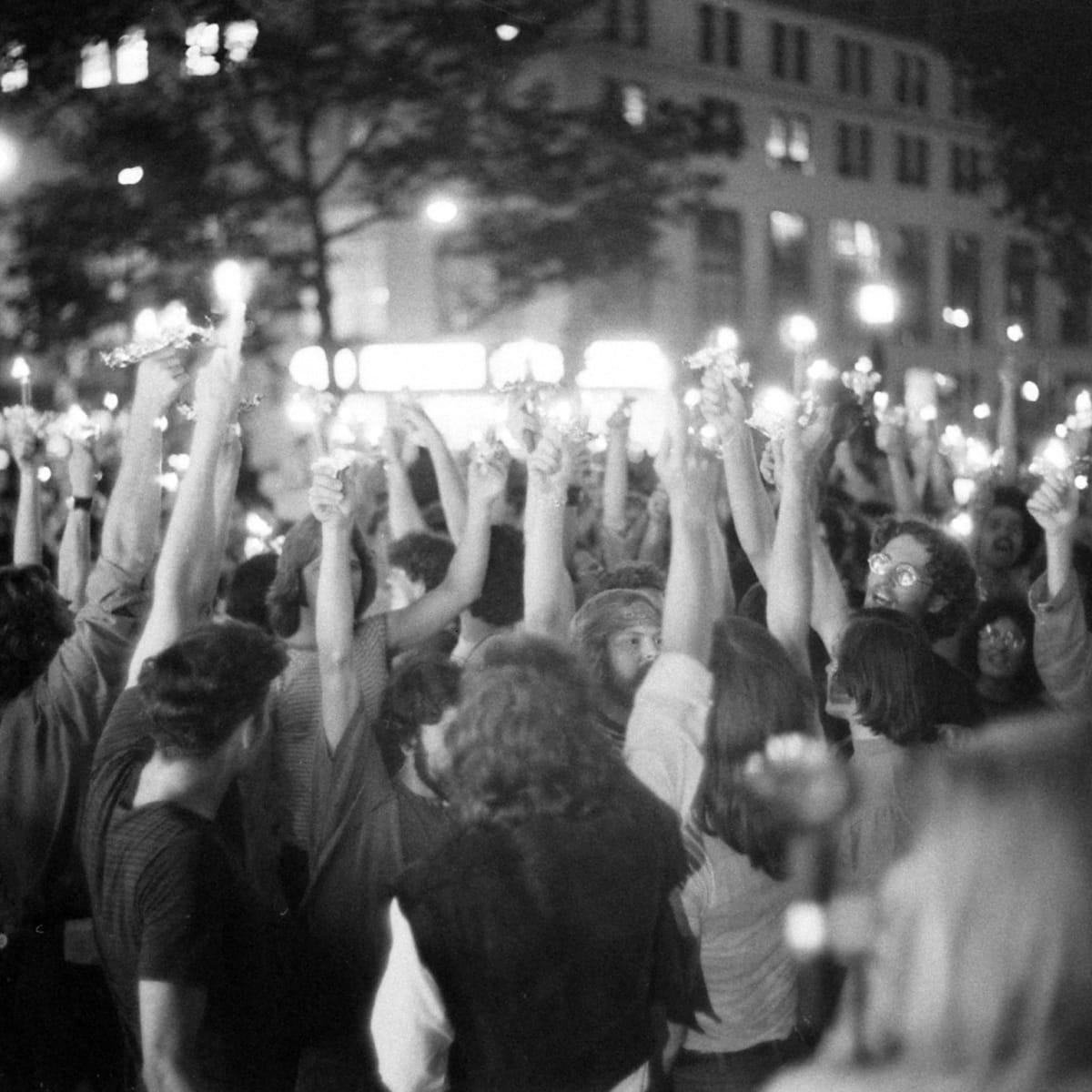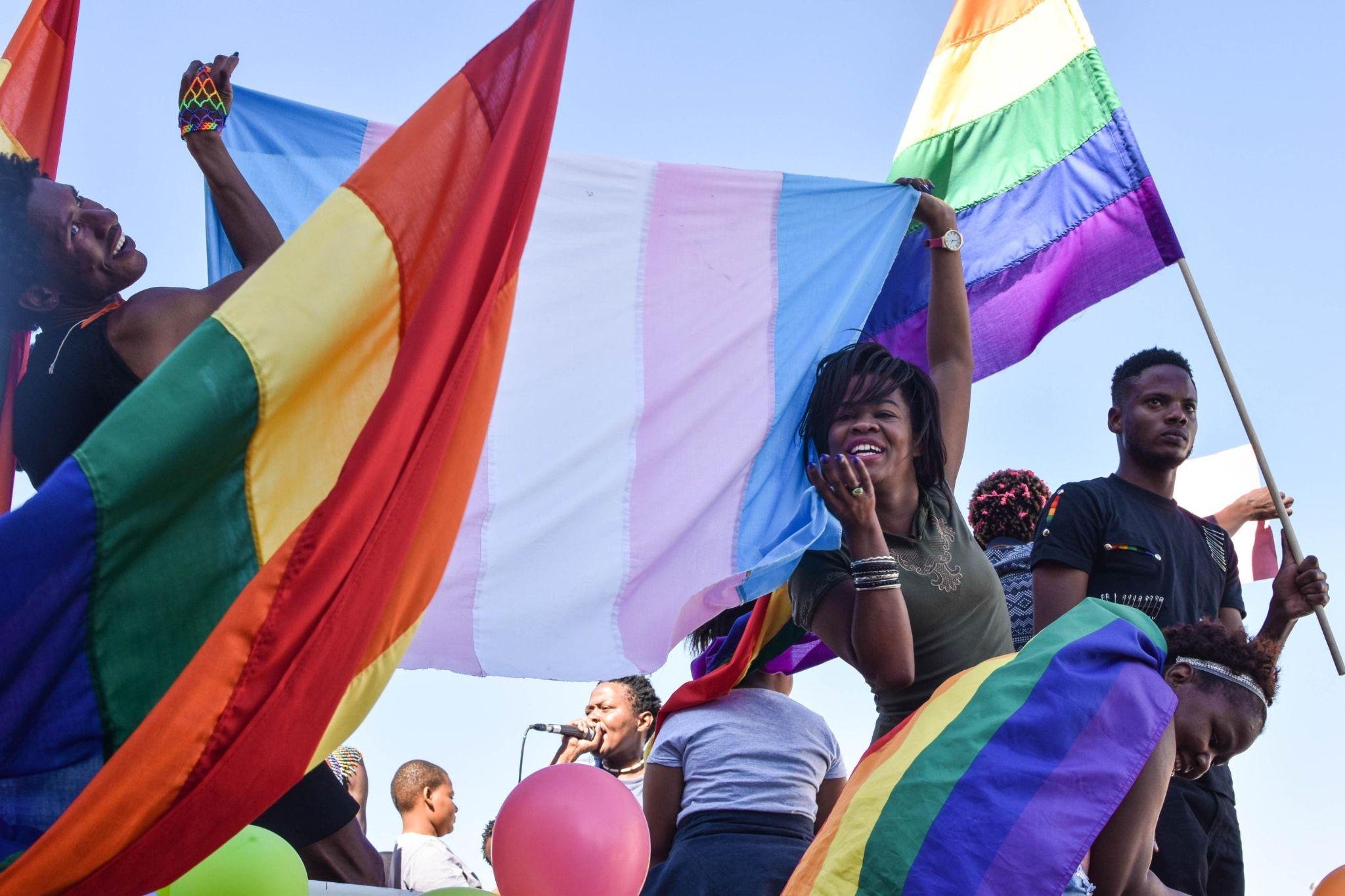The 21st Century Stonewall: The State of LGBT Rights in Africa
by Vennisa Owusu-Barfi
The Stonewall Riots was a watershed event in the advancement of LGBT rights across the United States. During the hot summery months of June and July in New York City, members of the community took part in spontaneous protests against discrimination and continous harrasment and raids from the police. The riots proved significant for activists and social groups and provided the impetus for the decades long struggle for equal rights for the community. And today, it is celebrated as Pride month in the United States and other countries across the globe.1
However, across the African continent, a new Stonewall brews with tensions between minority LGBT communities and the larger African community. Current anti-LGBT laws across the continent stem from the colonial-era which continued on after many African countries gained independence. In addition, conservative religious beliefs play a huge role in current opinion among Africans. On average less than 9 percent of Africans are in support of LGBT rights,2 and reversing these colonial laws seem to have very little effect on public opinion as seen in Angola, Gabon and many others.
Source: cnn.com
Historical evidence, though relatively undocumented, exists to support the presence of LGBT individuals and social groups among pre-colonial African communities and cultures. However, many political leaders reject these claims in favor of ideologies which attribute LGBT behavior to recent Western influence and attempts to control African culture. In Ghana for example, recent support from the World Council of Families, an American conservative coalition, has led to a year long attempt to introduce discriminatory laws in a new bill threatening the Human Rights of individuals in the community. With a track record of success in Nigeria and Uganda, Ghana might be next.
Source: The World Economic Forum
As people deeply interested in the African continent and culture, being aware of and involved in the state of minority groups across the continent grows in greater importance as this unfolds. With discriminatory laws existing in 32 out of 54 countries and public opinion generally against LGBT rights across the continent, activists and social groups have a long and difficult journey ahead. 3
Sources:
U.S. Department of the Interior. (n.d.). Stonewall National Monument (U.S. National Park Service). National Parks Service. Retrieved June 19, 2022, from https://www.nps.gov/places/stonewall.htm
Poushter, J., & Kent, N. (2020, October 27). The global divide on homosexuality persists. Pew Research Center's Global Attitudes Project. Retrieved June 19, 2022, from https://www.pewresearch.org/global/2020/06/25/global-divide-on-homosexuality-persists/
Tolerance still in short supply for LGBT rights in Sub-Saharan africa. Control Risks. (2022, June 6). Retrieved June 19, 2022, from https://www.controlrisks.com/our-thinking/insights/tolerance-still-in-short-supply-for-lgbt-rights-in-sub-saharan-africa


